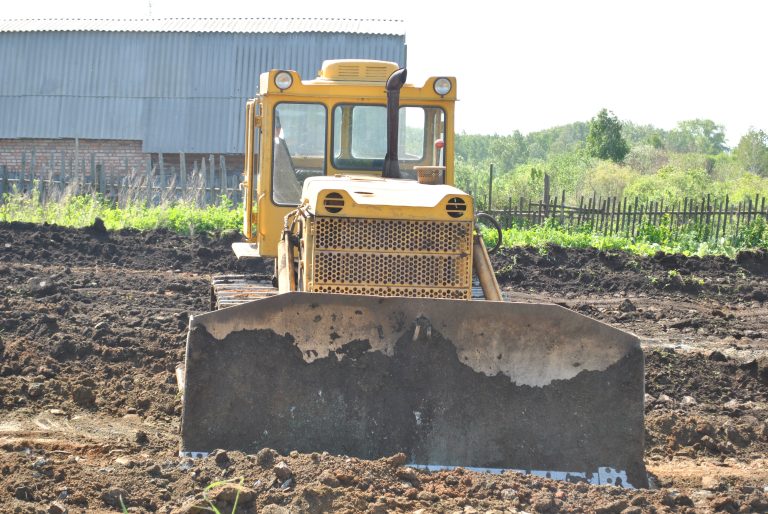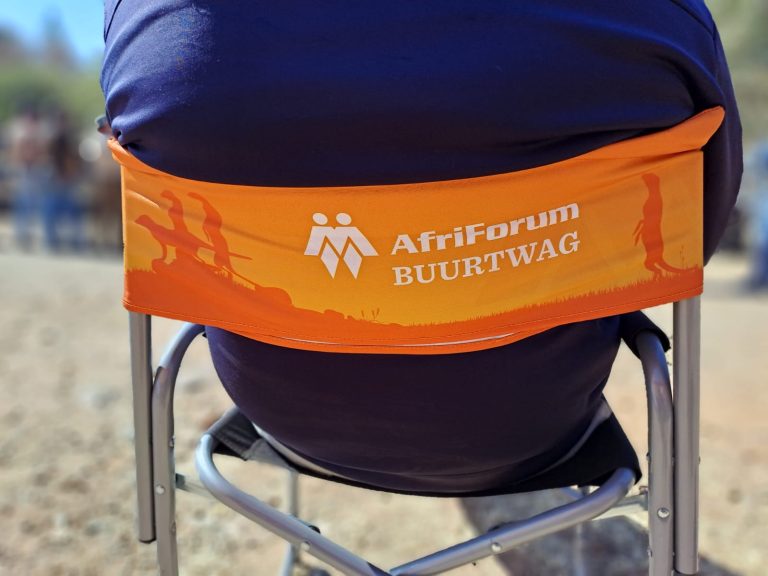Fix the leakages (and mismanagement) before Gauteng’s taps run dry, demands AfriForum
AfriForum has today made an urgent appeal to the Johannesburg Metro to undertake a large-scale initiative for the repair of water leakages and to prioritise the replacement of outdated pipelines and continuous maintenance of the water network in the city. The man-made “Day Zero” crisis, a result of the ANC’s poor municipal and provincial management in this city and province, necessitates these basic measures.
Pemmy Majodina, Minister of the Department of Water and Sanitation (DWS), presented a series of solutions for the city’s water problems during a media conference today. Although AfriForum welcomes Majodina’s acknowledgment of the crisis and certain proposals made, the civil rights organisation believes that it should also be recognised that the problem could have been prevented but that decades of inefficiency at the municipal and provincial level, which led to the large-scale decay of the water network, were ignored for too long. Efforts must therefore now be made to root out mismanagement in the city.
“The previous Premier of Gauteng, David Makhura, already identified a looming water crisis in the province in 2018. It was predicted that without maintenance and infrastructure development, the province would not have enough water by 2025. Since then, Panyaza Lesufi, as the current Premier, has much rather occupied himself with cheap politicking rather than acting in the interest of the province. We are now on the eve of that ominous prediction, and meanwhile, the problem has become even more extensive. Johannesburg’s wounds must now be urgently nursed so that the long-term sustainability of the water supply can be put on track, and the first step is the urgent maintenance of infrastructure,” emphasises Lambert de Klerk, AfriForum’s Head of Environmental Affairs.
According to De Klerk, the time is ripe for greater cooperation between municipalities and the private sector. “There should now be an investigation into ways in which the private sector can manage certain services on behalf of municipalities. Numerous mechanisms that will contribute to the implementation of these solutions already exist, including a special-purpose vehicle (SPV), memorandum of understanding (MOU), service agreements and public-private partnerships,” concludes De Klerk.
Meanwhile, AfriForum launched a campaign on 31 October through which residents of Gauteng can report water leaks on an interactive platform (www.waterkrisis.co.za). The campaign is aimed at monitoring the recovery rate of responsible municipalities and reducing the loss of drinking water due to leakages – which in Gauteng is currently estimated at approximately 33%. Water losses in Johannesburg are currently estimated at around 35%, more than double the international norm of 15%.











